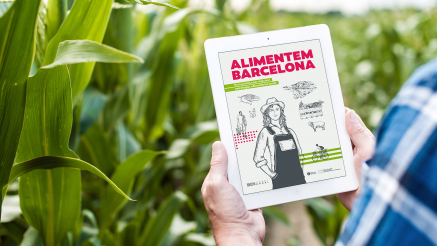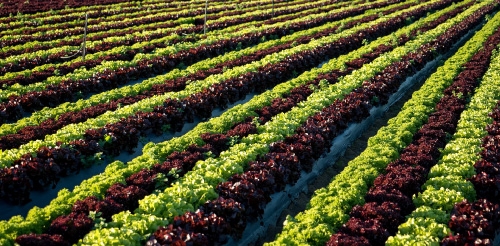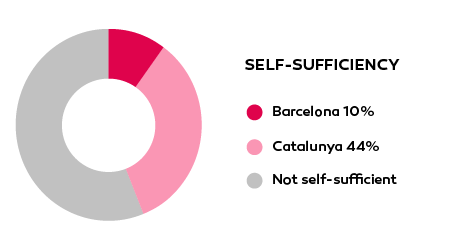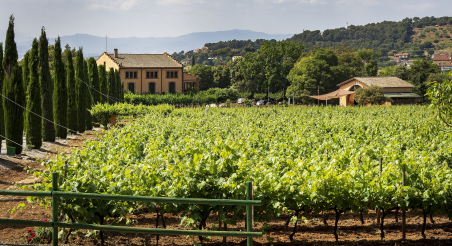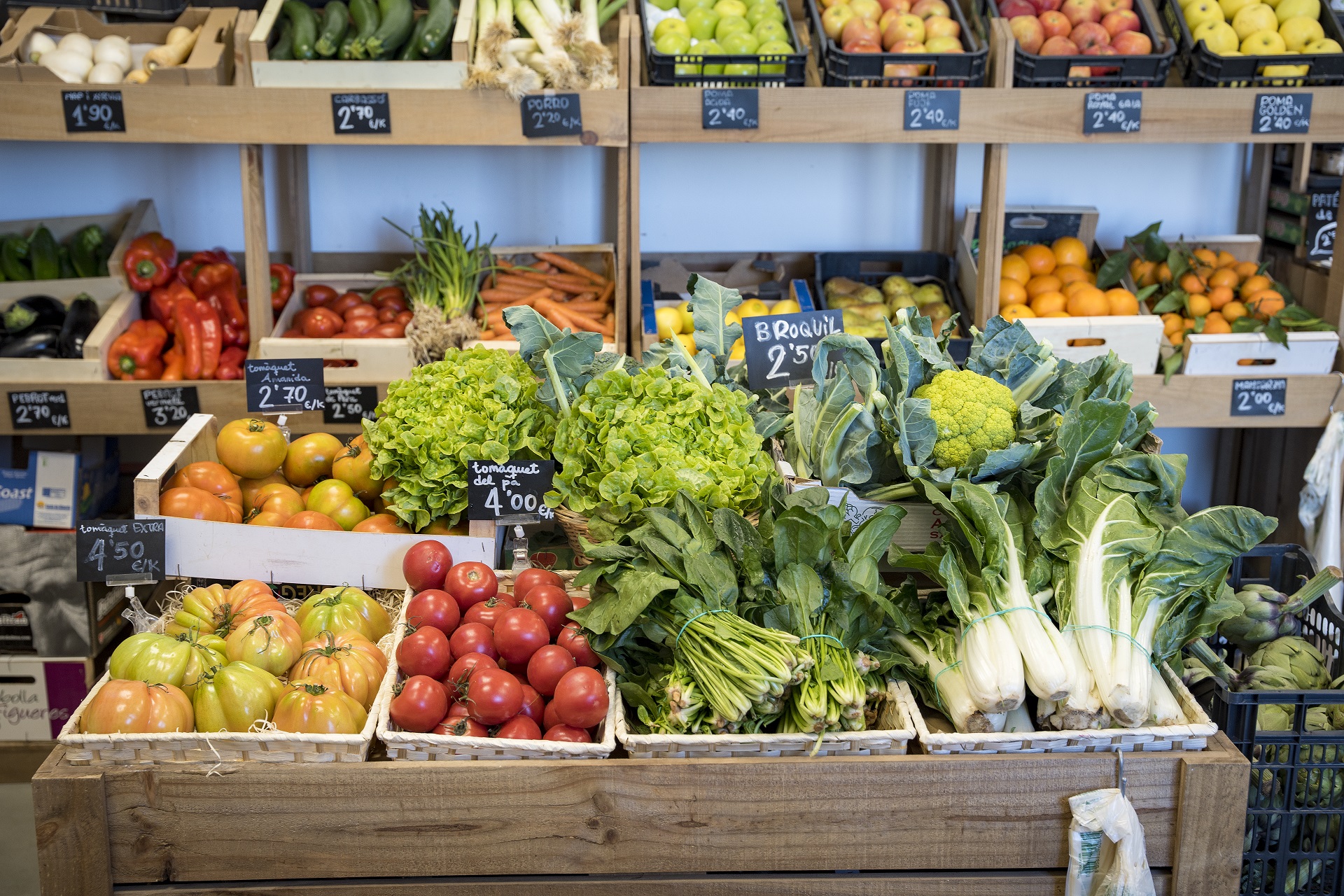
Barcelona Challenge for Good Food and the Climate
Based on the C40 Cities Declaration for Good Food and the Milan Urban Food Policy Pact, the Barcelona Challenge for Good Food and Climate is a call for cities and their inhabitants to engage in a series of commitments related to the transformation of their food systems to address the climate emergency.
After more than a century of industrialization, deforestation and large-scale agriculture, the concentration of greenhouse gases (GHGs) in the atmosphere, responsible for global warming, has reached the highest levels in the last three million years.
Emissions associated with the global agri-food system (including food production, processing, packaging, transport and distribution) are between 21 and 37% of net global anthropogenic GHG emissions.
The climate emergency can be mitigated by changing the way we eat. Around 70% of food production is consumed in cities. Local food systems are therefore essential for climate action and can prevent food vulnerability and strengthen food justice to ensure access to sufficient, sustainable, healthy and nutritious diets for the entire population. The Barcelona Challenge considers that municipalities are at the forefront of social and cultural change and that they are key agents in the implementation of local food policies for climate action, and also that by working together with the population and supramunicipal authorities, a change in food systems can drastically reduce cities' GHG emissions.
The Barcelona Challenge has two fundamental objectives. First, climate change mitigation, i.e. the reduction of GHG emissions from agri-food systems to limit global warming. And second, the adaptation of local agri-food systems to make them more resilient to extreme climate events. These challenges are intended to be overcome through a commitment to transform local agri-food systems to guarantee access to sufficient, sustainable, healthy and nutritious diets for all, avoiding food vulnerability and improving food justice.
The Barcelona Challenge aims to address these two challenges by promoting and supporting specific actions within the six action categories of the Milan Urban Food Policy Pact during the period 2021-2030:
- Governance: guaranteeing a context that facilitates effective action.
- Sustainable diets and nutrition: ensure the transition to sufficient, sustainable, nutritious and culturally appropriate diets for the entire population, in line with guidelines such as the Planetary Health Diet .
- Social and economic equity: Integrate the Planetary Health Diet and agroecological food supply approaches into services and programs that address food vulnerability and poverty.
- Food production: promote sustainable, socially just and equitable ways of producing and processing healthy local foods.
- Food supply and distribution: Relocate and restructure socially and economically viable food distribution and logistics networks.
- Food Waste: reduce food waste by 50% by 2030 and reuse food waste and other food-related waste.
Cities and their political decisions have a great capacity to influence climate change mitigation and adaptation. The fact of articulating themselves through this project contributes to making their discourse more visible. Furthermore, it also serves to highlight the need for collaboration spaces on this topic between different territories.
It is important to highlight the role of national and state networks of cities as a key tool for strengthening multilevel connections, as they are proof of how this cooperation is very relevant in promoting healthy and sustainable city-region food systems.
For its launch between 2021 and 2022, the Network of Municipalities for Agroecology had a budget of 100,000 euros (coming from City Council of Barcelona, through an agreement, and from the Daniel and Nina Carasso Foundation, which also provided support).
In 2023, the Network of Municipalities for Agroecology had 30,000 euros available through the agreement with City Council of Barcelona, which were dedicated to the development of tools for the support and evaluation of local food policy initiatives for climate action.



